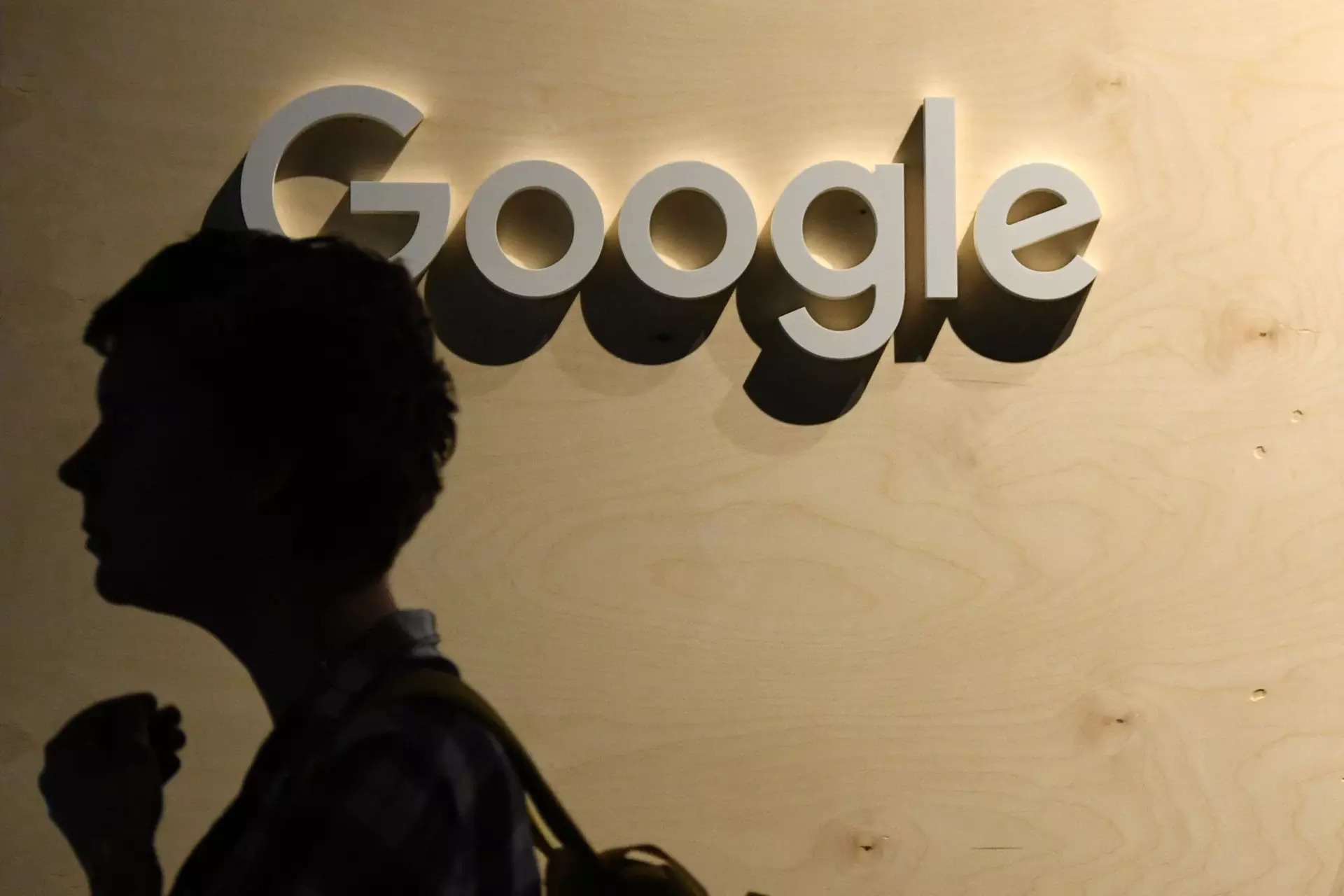There has been a lot of chatter — on the worry side — around how AI could have an impact on elections across the world. Anticipating the misuse of its AI tools — Gemini AI primarily — Google is being overtly cautious. “With millions of eligible voters in India heading to the polls for the General Election in the coming months, Google is committed to supporting the election process by surfacing high-quality information to voters, safeguarding our platforms from abuse and helping people navigate AI-generated content,” said the company.
In a blog post, the company said that users will not be able to ask questions related to elections to Gemini AI. Or at least there will be many restrictions. “Out of an abundance of caution on such an important topic, we have begun to roll out restrictions on the types of election-related queries for which Gemini will return responses,” Google said.
The company further said that it is working to improve the model. “We take our responsibility for providing high-quality information for these types of queries seriously, and are continuously working to improve our protections.”
Fake news and misleading information isn’t a new thing when it comes to elections. In countries like India and US, there have been many cases of fake news being spread around the polls. However, these upcoming elections are facing a new challenge: phony videos created by artificial intelligence. Machine learning experts at Clarity report a massive surge in deepfakes used for political purposes, with the number increasing by a staggering 900% in just one year.
Google is also working with a consortium of news publishers and fact checkers in India, working together to aid the early detection of online misinformation, including deepfakes, and to create a common repository that news publishers can use to tackle the challenges of misinformation at scale. “The project will also provide news organisations and fact-checkers essential training in advanced fact-checking methodologies, deepfake detection, and the latest Google tools like the Fact Check Explorer, to streamline verification processes,” said Google in the blog post.
In a blog post, the company said that users will not be able to ask questions related to elections to Gemini AI. Or at least there will be many restrictions. “Out of an abundance of caution on such an important topic, we have begun to roll out restrictions on the types of election-related queries for which Gemini will return responses,” Google said.
The company further said that it is working to improve the model. “We take our responsibility for providing high-quality information for these types of queries seriously, and are continuously working to improve our protections.”
Fake news and misleading information isn’t a new thing when it comes to elections. In countries like India and US, there have been many cases of fake news being spread around the polls. However, these upcoming elections are facing a new challenge: phony videos created by artificial intelligence. Machine learning experts at Clarity report a massive surge in deepfakes used for political purposes, with the number increasing by a staggering 900% in just one year.
Google is also working with a consortium of news publishers and fact checkers in India, working together to aid the early detection of online misinformation, including deepfakes, and to create a common repository that news publishers can use to tackle the challenges of misinformation at scale. “The project will also provide news organisations and fact-checkers essential training in advanced fact-checking methodologies, deepfake detection, and the latest Google tools like the Fact Check Explorer, to streamline verification processes,” said Google in the blog post.
